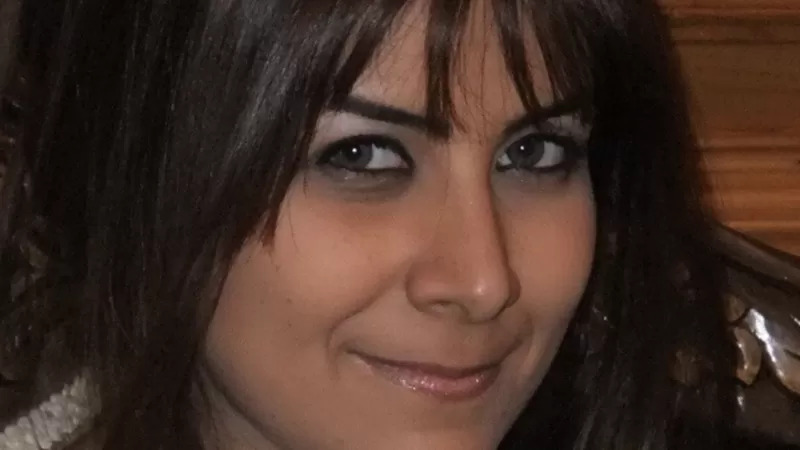Source: www.bbc.com
Translation by Iran Press Watch

According to reports, a court in Mazandaran province, citing a “fatwa from clerics” which stated that “property ownership by Baha’is is illegitimate,” ruled that the property of Sheia Taeed, a Baha’i resident of Qaemshahr town, be confiscated in favor of the “Execution of Imam Khomeini’s Order”.
HRANA News Agency, the news arm of the Human Rights Activists in Iran, reported on Monday that the Special Court of Article 49 of the Constitutional Law of Mazandaran has issued this ruling.
According to this report, Ms. Taeed was arrested at her home on the 21st of September 2021. She was released on bail on the 4th of October.
In 2021 the confiscation of Baha’i properties in the village of Ivel in Mazandaran province provoked widespread international outcry. Muslim associations in the United States and Canada, as well as a number of prominent clerics in Britain and India, issued separate statements calling on the Mazandaran judiciary to stop confiscating the property of Baha’is in Ivel and return these farmers’ property to them.
In December 2021 the Baha’i International Community released a statement about the auction of confiscated agricultural land belonging to Baha’is in the village of Kata in Dena County, Kohgiluyeh and Boyer-Ahmad Provinces. According to that statement, “the Order of Imam’s Executive Headquarters”, which operates under supervision of Ayatollah Khamenei, auctioned these lands at 15 percent of the market price and did not allow Baha’is to reclaim or re-purchase their land.
A statement from the Baha’i International Community said, “Complaints from local Baha’is and even attempts to repurchase their land have been rejected by the authorities, and Baha’is have been told that they and any Muslims who enter into a deal with them will be barred from participating in the auction.”
On December 6th, 2021, Bani Dugal, the Baha’i International Senior Representative to the United Nations, called for an immediate halt to auctions of the thirteen plots of land.
In the past, officials in the Islamic Republic have repeatedly denied allegations of widespread discrimination against Baha’i citizens, saying that individuals are not being tried or barred from studying simply due to being Baha’is.
The Baha’i faith is not recognized as a religion in the Iranian constitution. The United Nations and human rights groups have repeatedly accused the Islamic Republic of widespread violations of Baha’i citizenship rights over the past 40 years.
Leave a Reply